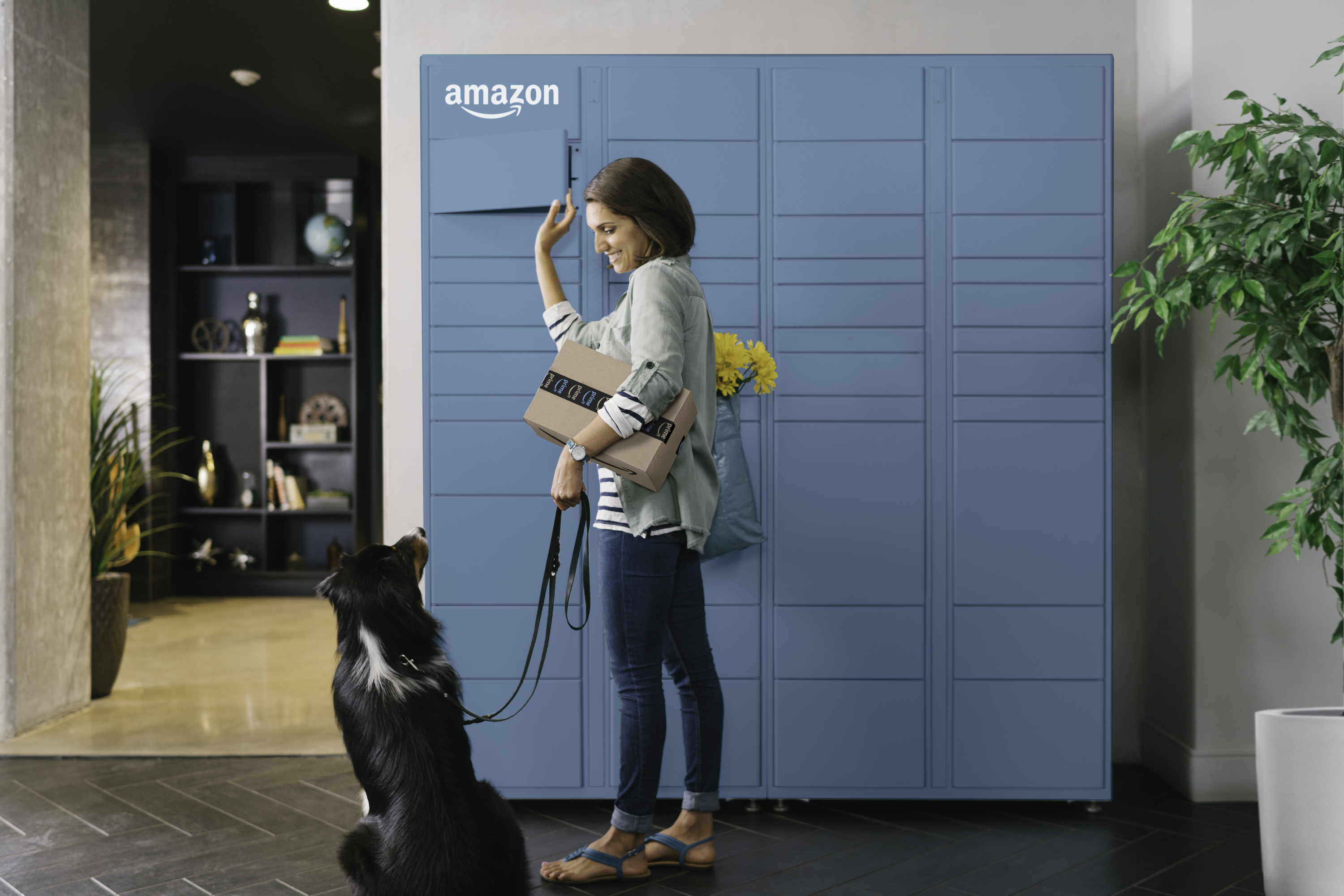Amazon (AMZN 1.00%) posted significant improvements in its first-quarter report last week. E-commerce sales are steadily increasing, cost-cutting is working, and management gave a bright outlook for the rest of the year.
Investors, though, seemed to focus on the worst part of the report, which was the state of Amazon Web Services (AWS). It has been a reliable growth generator and profit machine for many years, and it became even more important when e-commerce began to slow down. Now, e-commerce is turning around, but AWS is beginning to slow down.
Nonetheless, investors ignored progress in the company's newest venture, which could become a crucial part of the overall business.
Amazon is trying again
Amazon announced its acquisition of One Medical last year for $3.9 billion, but it didn't close the sale until this February. The company had originally offered its own healthcare service, called Amazon Care. It was launched in 2019, first as an in-house healthcare services provider, and then -- in typical Amazon style -- it offered it to its enterprise customers.
As it grew, management realized that it couldn't offer these large customers all the services they needed without heavily investing in the business. So instead, it acquired One Medical, which combines telehealth services with in-person visits with the goal of providing fast and thorough care. It closed down Amazon Care at the end of 2022, and launched its version of One Medical a few weeks later.

NASDAQ: AMZN
Key Data Points
CEO Andy Jassy explained how Amazon thinks about investing in a new business. If it believes it can offer a differentiated experience with the right return on its investments, it will consider how to create the business or acquire an existing one.
Meaningful customer feedback led to the development of its healthcare services. In more-typical Amazon style, it's rolling it out big and cheap, with an annual plan for $144 instead of the regular $199.
Jassy described the traditional doctor visit, which requires an appointment several weeks in advance, a drive to an office, another wait, a short visit, and then another drive to pick up medication. "And that's if you didn't have to then go see a specialist for additional evaluation, where the process is repeated and could take even longer for an appointment," he said.
Amazon offers an array of services to aim for better care at a competitive price, and the digital focus lowers costs for care on the business side. Ever the innovator, the company is likely to put its own stamp on the industry. It's not the first one doing this, but it often does things better and cheaper than the competition.
The largest industry in the U.S.
The healthcare business accounts for the most sales in the U.S. by far. That's because, according to IBISWorld research, it encompasses the top four industries: hospitals; drug, cosmetic, and toiletry wholesaling; pharmaceuticals wholesaling, and health insurance.
National health expenditures (NHE) grew to $4.3 trillion in 2021 and accounted for 18.3% of the gross domestic product. But people are looking for better options. Private health insurance grew 5.8% in 2021 and accounted for 28% of the total NHE, and out-of-pocket spending increased 10.4% to $433 billion, or 10% of total NHE. Physician and clinical services -- the specific market Amazon is targeting with One Medical -- grew 5.6% in 2021 to $865 billion.
It's not surprising that Amazon wants to enter this market. It has also launched Amazon Pharmacy, and recently rolled out a subscription program for many medications for a $5 monthly fee. And its Amazon Clinic, which operates in most states, provides virtual care for many common conditions like acne and hair loss, with payment on a case-by-case basis.
Will Amazon go deeper into healthcare?
If Amazon succeeds in healthcare, it could be a game changer for the industry along with the company itself. Jassy said: "If we're successful with primary care and with pharmacy, there are a lot of other things we can help customers with as well. So, we think that's a big opportunity."
This opens up another huge market for Amazon, which could propel its stock to new heights. Jassy compared it to AWS, which was originally a big departure from the core e-commerce business but has reaped huge benefits for the company. Stay tuned for updates about its progress, and consider buying Amazon stock in the meantime.





